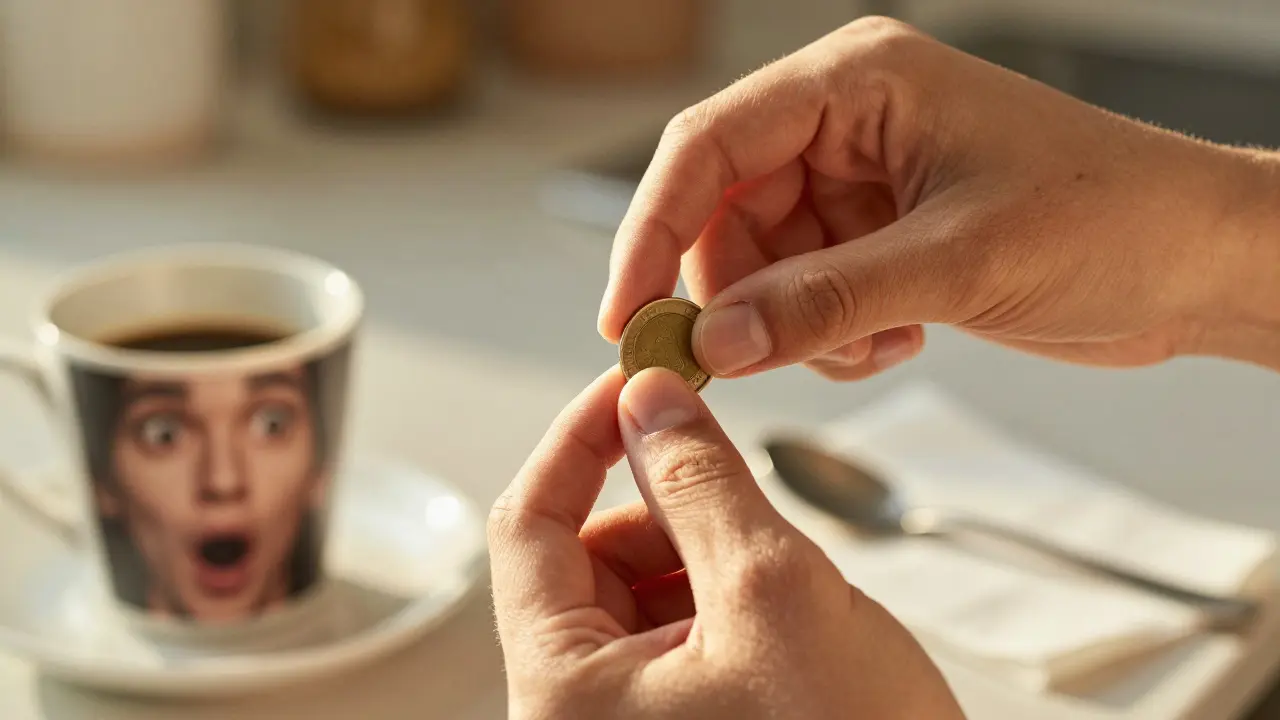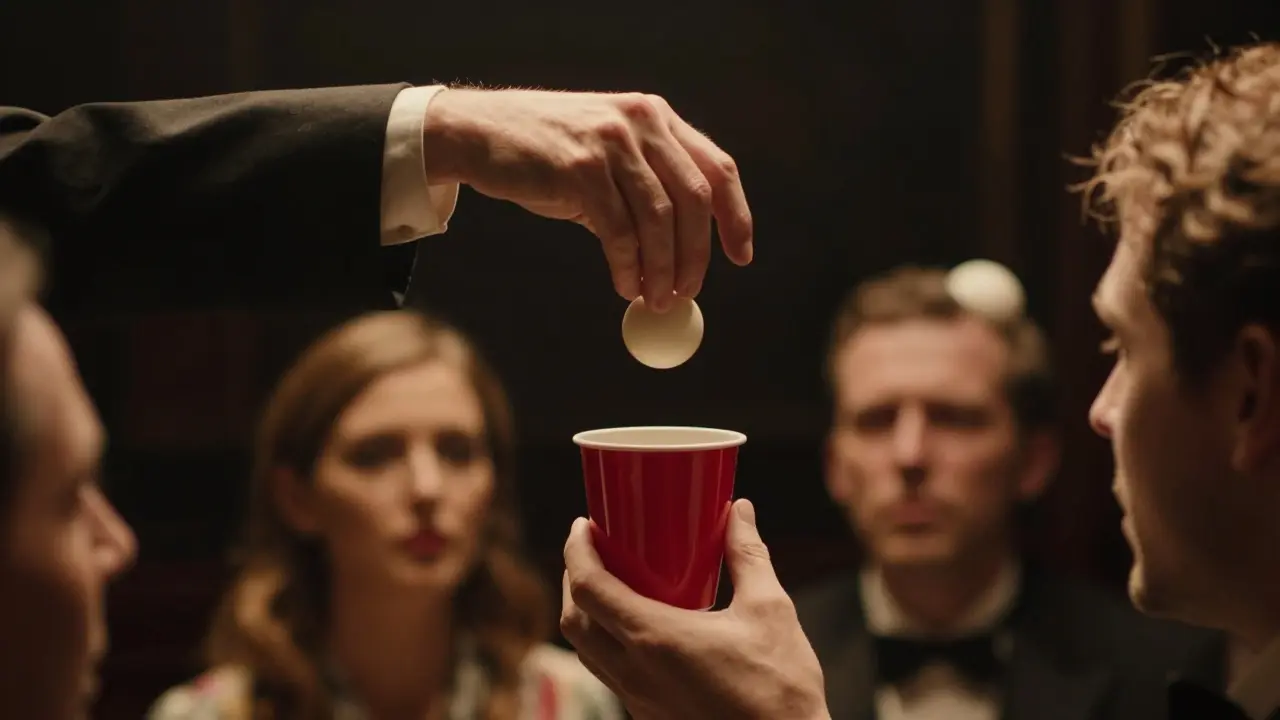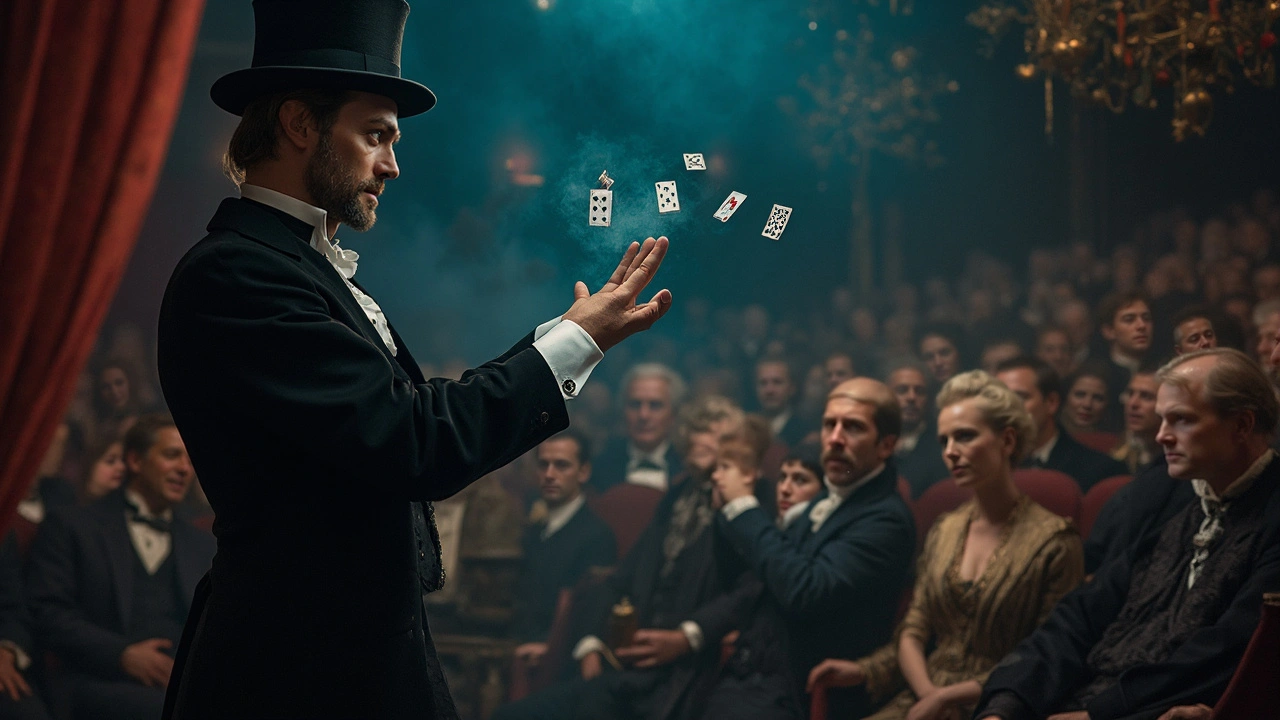Perception and Magic: How Your Mind Gets Fooled
Ever wonder why a simple card trick leaves you scratching your head? The answer is all about perception—how your mind processes what you see, hear, and feel. Magicians build their tricks around the gaps in human perception. They know exactly how to send your attention in one direction while the real action happens elsewhere. Even the newest smartphone can’t beat some classic misdirection.
Think about picking up cold medicine off a pharmacy shelf. The positioning, colors, and even the order of products aren’t random. Retailers use psychology to guide your choices, nudging you toward certain brands before you realize you had any preference. It’s a trick, but it doesn’t involve sleight of hand—just knowing how your mind sorts information.
Our brains love shortcuts. When you’re watching a magic show, your senses pick up a ton of signals. To keep up, your brain fills in the gaps. Magicians exploit this with quick hand movements or clever words, making your mind miss the real move. You don’t even realize it’s happening. That’s why the same tricks can keep surprising you, even if you’ve seen them a dozen times.
The same principles pop up in less obvious places. Ever listen to someone claim to read minds? Real mentalists don’t have supernatural powers. They’re just reading body language, tone of voice, or subtle cues—things you reveal without noticing. With a little practice, you can spot these cues too and get better at reading people in day-to-day life, from business deals to family conversations.
Interestingly, how you think and feel can literally change your body. Got stomach issues during stressful times? There’s real science behind the gut-brain connection. Even the meds you take to fix one issue can disrupt your gut microbiome, showing just how much perception and biology are entangled.
If you’re itching to try out perception hacks yourself, magic is a great teacher. You’ll learn to spot misdirection, understand the role of timing and repetition, and improve your people skills. Simple tricks—think making a coin vanish or guessing someone’s choice—are powerful practice for seeing how easily the mind can be led astray.
Want an everyday example? Check out magic in pop culture—TV shows, viral videos, or even fashion. Magic influences the way stories get told and how products get designed. All these tricks were built on how we perceive the world, how we form habits, and why we keep falling for the same illusions.
So next time you’re fooled by a magic trick or pick the cereal off the middle shelf, remember: your perception is shaped and sometimes tricked by the world around you. Knowing the secrets behind it is half the fun—and gives you a little edge in understanding both magic and everyday life.

Turning the Ordinary into Extraordinary: How Magic Tricks Change the Way We See Everyday Things
- by Zephyr Blackwood
- on 31 Jan 2026
Magic tricks don’t just entertain-they reshape how we see the everyday world. Discover how simple illusions turn ordinary objects into moments of wonder and why the real power of magic lies in changing perception, not just surprising eyes.

Magic Tricks: More Than Just Entertainment
- by Zephyr Blackwood
- on 25 Jan 2026
Magic tricks aren't just entertainment-they reveal how your brain processes attention, memory, and expectation. Learn how illusion exposes psychological blind spots and why understanding them makes you sharper in everyday life.

The Psychology Behind Magic Tricks and Illusions
- by Zephyr Blackwood
- on 22 Dec 2024
This article explores the fascinating world of magic tricks and illusions through the lens of psychology. It delves into how magicians manipulate perception and attention to create seemingly impossible feats. Discover the psychological principles that make sleight of hand so effective and explore tips for understanding and even performing some basic tricks. Whether you're a magician in training or just curious about the craft, this read will leave you amazed at the power of the mind.
